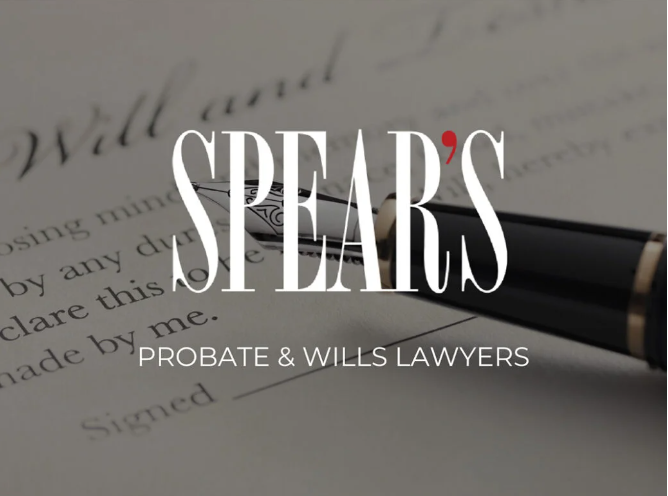20th August 2018 | Nicole Marmor | Private Wealth, Wills, Inheritance Tax
Rik Mayall, comedian and actor, did not have a valid Will in place when he died in June 2014. He died “intestate” meaning his £1.2 million estate could have paid inheritance tax which could have been avoided with the right Will in place. Under the intestacy rules law, a significant part of Rik’s estate, as a married parent who died without a Will, would go straight to his children, triggering a potential tax liability.
The intestacy rules (when you die without a valid will) are set by law and can be summarised as follows:-
- Married/civil partner with no children. If you die without a Will everything goes to the spouse or civil partner
- Married/civil partner with children, and you die without a Will assets up to £250,000 and personal possessions (not land) go to the spouse or civil partner. Assets above that limit are split 50/50 between the spouse and the children.
- Unmarried, living with someone, with or without children, if you die without a Will the cohabitee receives nothing. Where there are children and/or grandchildren, they get everything. Where there are no children, the deceased’s assets go to their siblings and parents.
Where there are no children or other dependants, no parents, grandparents, siblings, cousins, nephews, nieces or aunts and uncles (blood relatives not relatives by marriage), the whole estate goes to the Crown. To have share in the estate the cohabitant would have to make a formal claim under the Inheritance (Provision for Family and Dependants) Act unless all other potential beneficiaries were over 18 and agreed that some assets passed to the co-habitant.
What does all this means for inheritance tax
One of the key inheritance tax perks is that spouses/civil partners can bequeath any amount to each other tax free. However giving assets to children will trigger an inheritance tax bill if the gift exceeds the “nil rate band” or threshold of £325,000 per person plus an additional sum (currently £125,000 as long as the whole estate is not worth more than £2.2Million) in relation to homes passed to direct descendants. If everything passes to a spouse/civil partner, then on their death, the first spouse/partner’s tax free threshold can be added to their own – thus doubling what can pass before tax. Everything that passes down above the tax free allowances is taxed at 40% of that value.
Avoiding the intestacy rules, is not the only reason it is a good idea to make a Will. With a Will:-
- You leave clear instructions about how your estate is to be distributed.
- You choose your own executors – the people who manage the estate.
- You appoint guardians to look after your children if they are under 18, until they come of age. You can also make financial arrangements for their benefit.
- You can make specific gifts to friends or family. These can range from items of jewellery to sums of cash.
- If you have remarried, you can ensure any children from your first marriage get a share of your estate.
- You to make gifts to charities
- You may avoid family disputes.
And just in case you were wondering, making a Will does not bring forward the date of your death!
Contact Nicole for more information.


